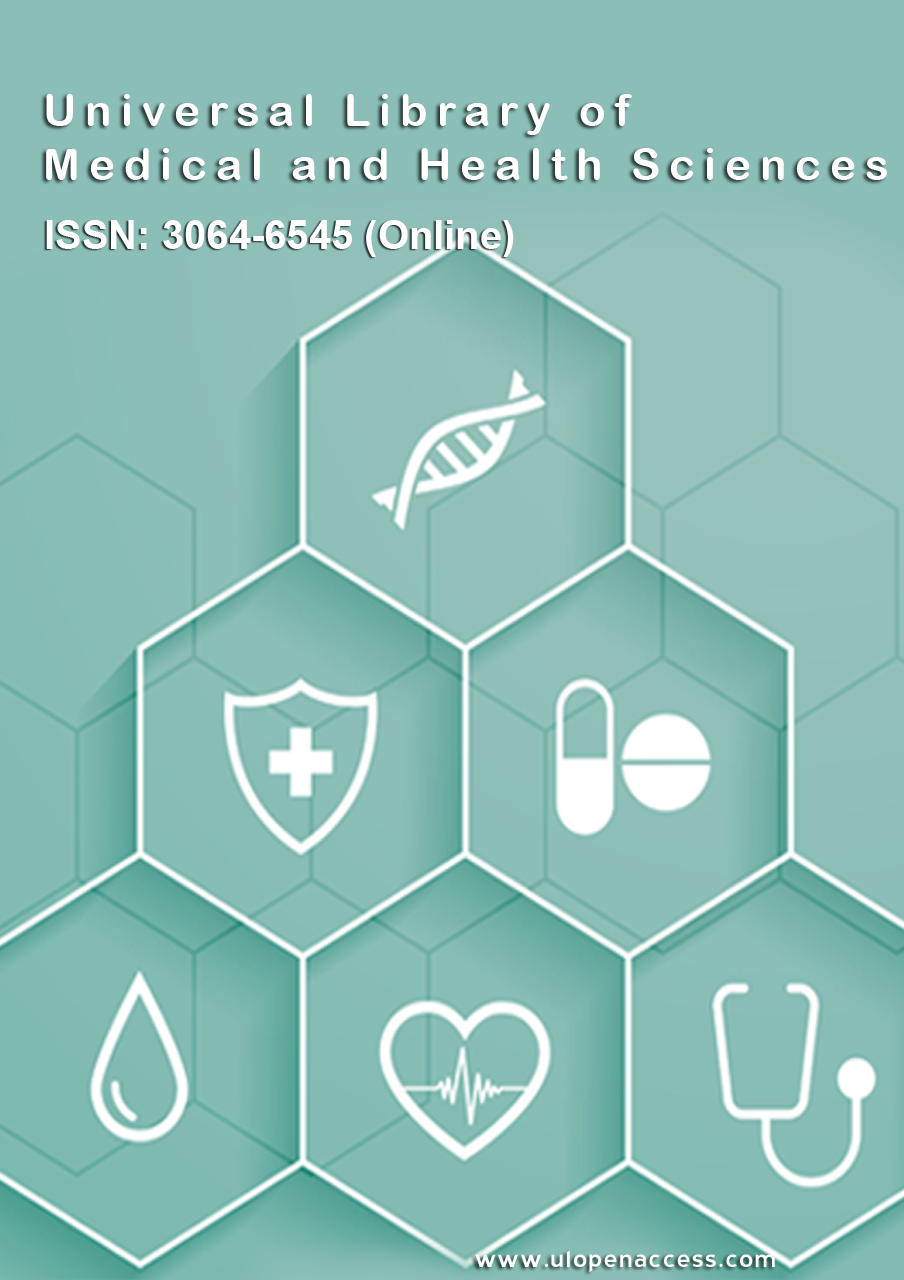Fasting and Autophagy: Clinical Significance for LongevityDmytro Stepanenko Citation: Dmytro Stepanenko, "Fasting and Autophagy: Clinical Significance for Longevity", Universal Library of Medical and Health Sciences, Volume 03, Issue 01. Copyright: This is an open access article distributed under the Creative Commons Attribution License, which permits unrestricted use, distribution, and reproduction in any medium, provided the original work is properly cited. AbstractWithin this article, autophagy mechanisms in aging receive evaluation. Relevance arises from evidence that impaired autophagic flux accelerates cellular senescence and contributes to age-associated pathologies such as neurodegeneration, cardiomyopathy and metabolic dysfunction. Novel contributions encompass identification of phytochemical-triggered autophagic pathways in tissues. The study describes stages of autophagic processing, examines activation induced by caloric restriction, intermittent fasting, bioactive compounds including resveratrol, spermidine, sulforaphane. Attention directed toward tissue-specific autophagic dynamics in hepatic, cardiac, skeletal muscle and neuronal systems. The work sets objective to elucidate interactions between dietary interventions and autophagic regulation in lifespan extension. To achieve this, literature review combined with comparative and analytical approaches across preclinical models and human trials. Sources from Madeo, Morselli, Linton, Damulewicz, Plafker, Ke, Czaja, Lim, Park, Wang, Li and Palmer underwent analysis. Conclusions describe potential of plant-centric diets integrated with time-restricted feeding to enhance autophagic efficiency. Findings offer resources for researchers developing autophagy-based therapeutic strategies. Keywords: Autophagy, Aging, Caloric Restriction, Intermittent Fasting, Phytochemicals, Resveratrol, Sulforaphane, Mitophagy, Lifespan Extension, Tissue Specificity. Download |
|---|

